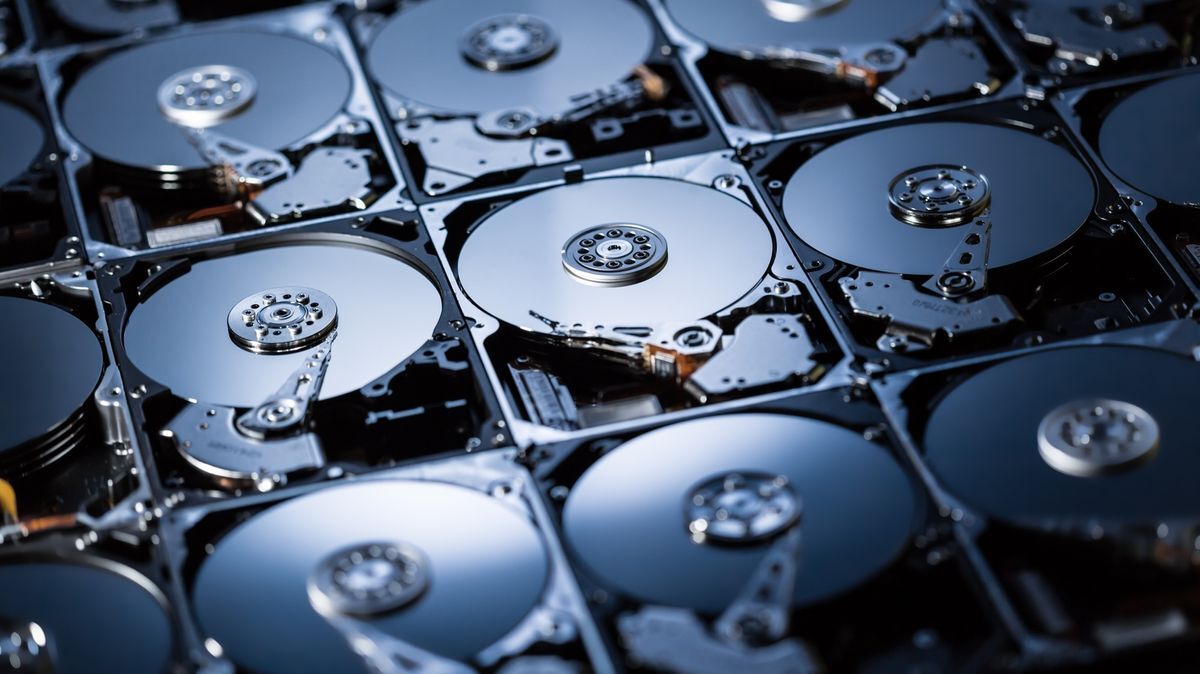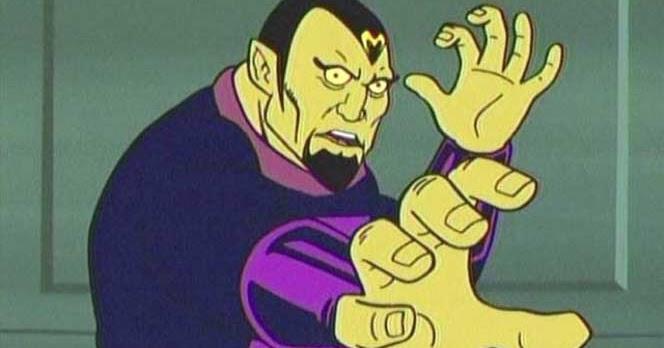Person with vested interest in X says X will continue to proliferate. More at 11
We’ve done this exercise recently for multi-petabyte enterprise storage systems.
Not going to name brands, but in both cases this is usable (after RAID and hot spares) capacity, in a high-availability (multi-controller / cluster) system, including vendor support and power/cooling costs, but (because we run our own datacenter) not counting a $/RU cost as a company in a colo would be paying:
- HDD: ~60TiB/RU, ~150W/RU, ~USD$ 30-35/TB/year
- Flash: ~250TiB/RU, ~500W/RU, ~USD$ 45-50/TB/year
Note that the total power consumption for ~3.5PB of HDD vs ~5PB of flash is within spitting distance, but the flash system occupies a third of the total rack space doing it.
As this is comparing to QLC flash, the overall system performance (measured in Gbps/TB) is also quite similar, although - despite the QLC - the flash does still have a latency advantage (moreso on reads than writes).
So yeah, no. At <1.5× the per-TB cost for a usable system - the cost of one HDD vs one SSD is quite immaterial here - and at >4× the TB-per-RU density, you’d have to have a really good reason to keep buying HDDs. If lowest-possible-price is that reason, then sure.
Reliability is probably higher too, with >300 HDDs to build that system you’re going to expect a few failures.
I mean, with stuff like ZFS, it’s a little hard to justify the outlay for all solid-state disk storage when I can build out a large storage array using HDD’s and use one mid-size SSD for ZIL and then L2ARC to provide read/write speedups. Who actually cares what the underlying storage mechanism is as long as the dataset is backed up and the performance is good?
This is my thing. I have about 122TB of spinning metal (with the same as an offsite backup) with SSDs as ZIL and L2ARC. And it’s awesome. HDDs I think will genuinely be important for for the foreseeable future.
Power consumption, noise, durability…
There is a lot of power to waste for the savings you made, when not buying expensive SSDs (20€ a year is not much). Where we use HDDs, we don’t care about noise. Durability? We use huge RAID systems with lots of redundancy.
I personally like to swap new drives after 5 years to avoid failures. So when you find a 16 TB SSD for 350€, you send me a message.
Haven’t hard drives been cheaper per storage amount than SSDs forever? The problem was always that they were slow. I think tape may still be cheaper per storage amount than hard drives, but the speed is abysmal.
Edit: yeah looks like tape is 3x to 4x cheaper than hard drives https://corodata.com/tape-backups-still-used-today
Yes. SSDs are still excellent for small form factor and speed, but for long term reliable storage in massive volumes, old fasion hard drives are only second to tape storage.
Source: I am in charge of four 1.2PB storage clusters, each consisting of 144 10TB Toshiba drives. The systems write their output to 10TB tapes for data delivery.
Use HDDs for linear read/write (files) and SSDs for IOPS (databases)
I bought 18 TB seagate exos x18 drives for about $400 AUD each this year. What price are 18TB SSDs at?
Around AUD $4500
My 8TB Seagate failed a week ago and I was looking into new drives. The cheapest HDD was around 25 EUR per TB (for the 18TB ones) and the cheapest SSD were under 50 EUR per TB. No idea where this “7 times cheaper” comes, maybe from 2015.
I ended up buying a 4TB Crucial MX500 with 4TB for 208 EUR (barely enough for my data, but with some cleanup it will hold a year for sure).
Not only it’s faster, it’s smaller (fits in the NUC), it’s quieter and it consumes much less electricity. I don’t think I will ever buy an HDD ever again. Maybe for surveillance recording?
Not that many 18TB SSDs available though. Might (and probably will) change in the future, but today, if you want massive amounts of storage, HDDs are your only reasonable solution (ignoring magnetic tape) unless you really require the read & write speeds of an SSD. Imagine Backblaze trying to replace their 46000 16TB HDDs with a few hundred thousand smaller SSDs in their datacenter.







